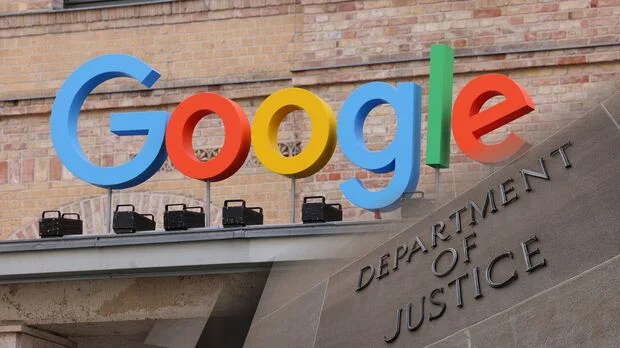The Article Tells The Story of:
- DOJ’s Proposals: Suggested remedies include selling Chrome, spinning off Android, and banning exclusive search agreements.
- Google’s Criticism: Google called the proposals excessive, citing risks to privacy, innovation, and U.S. tech leadership.
- Google’s Alternative: Proposed flexible search deals, multi-engine preloads, and app options without requiring Google Search or Chrome.
Google Rejects DOJ’s Proposal
Google has challenged the U.S. Department of Justice (DOJ) in the ongoing Google antitrust case regarding its alleged monopoly in online search. The DOJ had suggested strict remedies, including forcing Google to sell its Chrome browser, spinning off its Android operating system, and banning exclusive search agreements with browser and phone companies.
In response, Google submitted an alternative proposal on Friday. Lee-Anne Mullholland, Google’s Vice President of Regulatory Affairs, criticized the DOJ’s suggestions in a blog post, calling them an “interventionist agenda” that extends beyond the court’s ruling.
Check Out similar Article of Google Faces Antitrust Battles: What It Means for Big Tech and Consumers November 24, 2024 – SquaredTech
Google’s Alternative Proposal
Google argues that the DOJ’s plan would harm consumers and weaken U.S. technology leadership. Mullholland expressed concerns that the DOJ’s remedies could lead to privacy risks by requiring Google to share user search data with competitors and could stifle product innovation.
In its counterproposal, Google suggests maintaining its ability to strike search deals with companies like Apple and Mozilla but allowing more flexibility in setting search defaults across devices and browsing modes. For example, users on iPhones and iPads could have different default search engines.
Additionally, Google recommends granting Android manufacturers more freedom to pre-load multiple search engines and Google apps without requiring Google Search or Chrome.
Legal Timeline and Next Steps
Judge Amit Mehta, who ruled in August that Google violated antitrust laws to maintain its dominance in online search, is expected to make a decision on remedies next year. A hearing is scheduled for April.
Google plans to appeal Mehta’s August ruling but is legally required to propose remedies before proceeding with the appeal. Mullholland emphasized that the company’s suggestions aim to balance compliance with the court’s ruling and protecting user interests.
Stay Updated: Tech News


